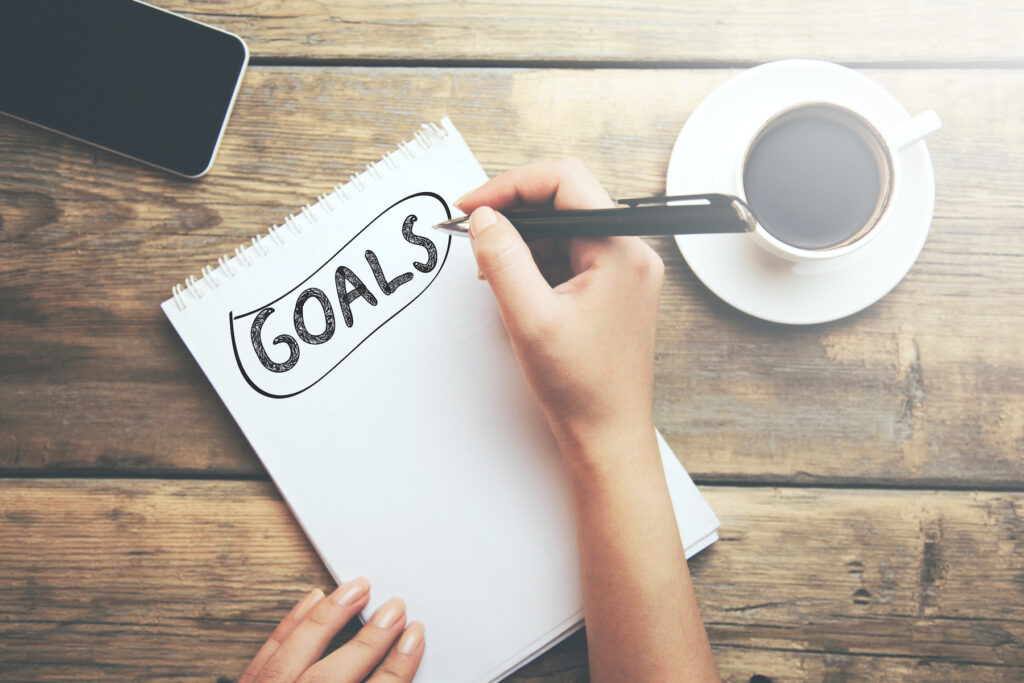Many of us have a hard time asking for help.
Maybe we pride ourselves on being independent. Self-sufficient. A Lone Ranger.
There’s value in being self-sufficient, but when we’re too proud to ask for help it can be costly. It can keep us stuck in hardship and delay our advances, or lead to overwork and burnout. And it can inhibit close relationships with family and friends.
“Going it alone in times of hardship is never a good idea.”
-Jonathan Rauch, The Happiness Curve
Asking for help is an important skill that can aid us in all our endeavors, from living and loving to leading and learning. We’re wise to get good at it.
How to Get Better at Asking for Help: 10 Tips
Here are 10 things you can do to develop the useful skill of asking for help:
1. Notice that nobody succeeds without the help of others. Where would you be without the help of parents, teachers, coaches, teammates, colleagues, mentors, and friends?
2. Recognize that asking for help is a sign of strength, not weakness. It means you’re committed to your goals and confident enough to show some vulnerability.
3. Realize that the alternative (not asking for help) means continuing your frustration and suffering.
4. Understand that your fears about asking for help are misplaced. Even the worst-case scenario probably isn’t so bad. Perhaps the person refuses to help or can’t right now. Maybe you feel a bit awkward or disappointed for five seconds. So what?
5. Recall that most people like to help others. It makes them feel good to contribute. Think about how you felt when you were asked for help. (1)
“How have you felt when you have helped others? I think we can agree that’s one of the great feelings, right?
Why would you deprive others of the same feeling?”
-Marshall Goldsmith, The Earned Life
6. Stop waiting so long to ask. Consider how much time you’ve already spent on the issue, whether it’s something you’re good at addressing, and whether there are better uses of your time and energy.
7. Trust others to set boundaries for themselves. They can always decline or chat further about the extent of help they may provide.
8. Tally the potential benefits of getting help. Maybe you’ll get fresh ideas or greater clarity about how to proceed. And in the process you may very well deepen your relationship with the person contributing.
9. Start small when trying this out and build from there. This will make it more manageable and less likely that you’ll abandon it.
10. Be open with others that it’s hard for you to ask for help, but you’re trying to get better. This will make it easier to ask when the time comes.

Take the Traps Test
We all fall into traps in life. Sometimes we’re not even aware of it, and we can’t get out of traps we don’t know we’re in. Evaluate yourself with our Traps Test.
Tools for You
- Traps Test (Common Traps of Living) to help you identify what’s getting in the way of your happiness and quality of life
- Goal-Setting Template (Beyond SMART Goals) to help you set goals you can achieve based on best practices
- Quality of Life Assessment to help you discover your strongest areas and the areas that need work and then act accordingly
Related Traps
- Going It Alone
- The Power of Relationships in Our Lives
- Caring Too Much About What Others Think
- Perfectionism
- The “Trance of Unworthiness”
- Living in Fear
- Negative Self-Talk
- Leaders Being Loners

Goal-Setting Template
Goals are the desired results we hope to achieve—the object of our effort and ambition. Goals are common in our life and work, but that doesn’t mean we’re good at setting and achieving them. Use this Goal-Setting Template to set your goals properly, based on the research and best practice.
Postscript: Inspirations on Seeking Help
- “If I can leave you with only one piece of advice to increase your probability of creating an earned life, it is this: Ask for help. You need it more than you know.” -Marshall Goldsmith, The Earned Life
- “Isolation is fatal…. The burden of going it alone is heavy and limiting—and potentially dangerous…. In fact, social isolation can take up to seven years off of your life. Isolation contributes to heart disease and depression; it influences your immune system and leads to faster aging and advanced health problems.” -Richard Leider and Alan Webber, Life Reimagined
- “Economists call it the warm glow of giving, and psychologists call it the helper’s high. Recent neuroscience evidence shows that giving actually activates the reward and meaning centers in our brains, which send us pleasure and purpose signals when we act for the benefit of others. These benefits are not limited to giving money: they also show up for giving time.” -Adam Grant, Give and Take
References
(1) According to a 2022 study by researchers Xuan Zhao and Nicholas Epley published in Psychological Science, “Those needing help consistently underestimated others’ willingness to help, underestimated how positively helpers would feel, and overestimated how inconvenienced helpers would feel…. Undervaluing prosociality could create a misplaced barrier to asking for help when needed.” (Source: Zhao, X., & Epley, N. (2022). Surprisingly Happy to Have Helped: Underestimating Prosociality Creates a Misplaced Barrier to Asking for Help. Psychological Science, 33(10), 1708–1731.) There’s also research noting that helping others may promote feelings of happiness, increase social connection and self-esteem, lower stress levels and blood pressure, and promote longevity. (Source: Oliver Scott Curry, Lee A. Rowland, Caspar J. Van Lissa, Sally Zlotowitz, John McAlaney, Harvey Whitehouse, Happy to help? A systematic review and meta-analysis of the effects of performing acts of kindness on the well-being of the actor, Journal of Experimental Social Psychology, Volume 76, 2018, 320–329.)

Gregg Vanourek’s Newsletter
Join our rapidly growing community. Sign up now and get monthly inspirations (new articles, opportunities, and resources). Welcome!
+++++++++++++++++
Gregg Vanourek is a writer, teacher, and TEDx speaker on personal development and leadership. He is co-author of three books, including LIFE Entrepreneurs: Ordinary People Creating Extraordinary Lives (a manifesto for integrating our life and work with purpose, passion, and contribution) and Triple Crown Leadership: Building Excellent, Ethical, and Enduring Organizations (a winner of the International Book Awards). Check out his Best Articles or get his monthly newsletter. If you found value in this article, please forward it to a friend. Every little bit helps!


2 thoughts on “How to Get Better at Asking for Help: 10 Tips”
I don’t see any problem with asking for help from someone as long as we ask for the right person because not everyone wants to help us. Always choose the ones that can help you sincerely.
Good point about being selective about who we ask, and thanks for weighing in!